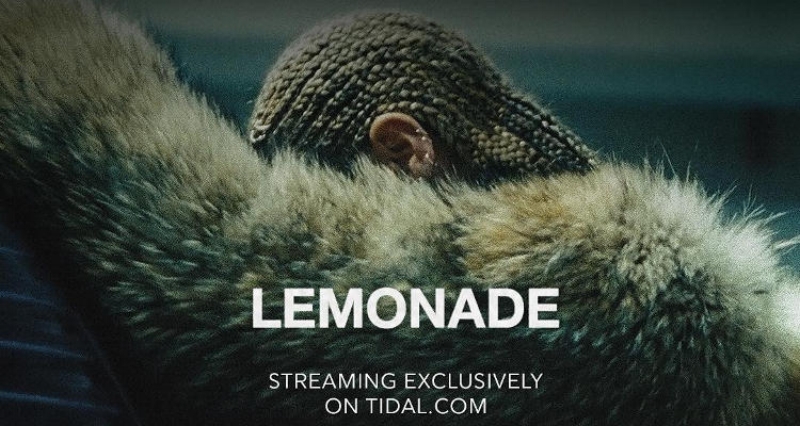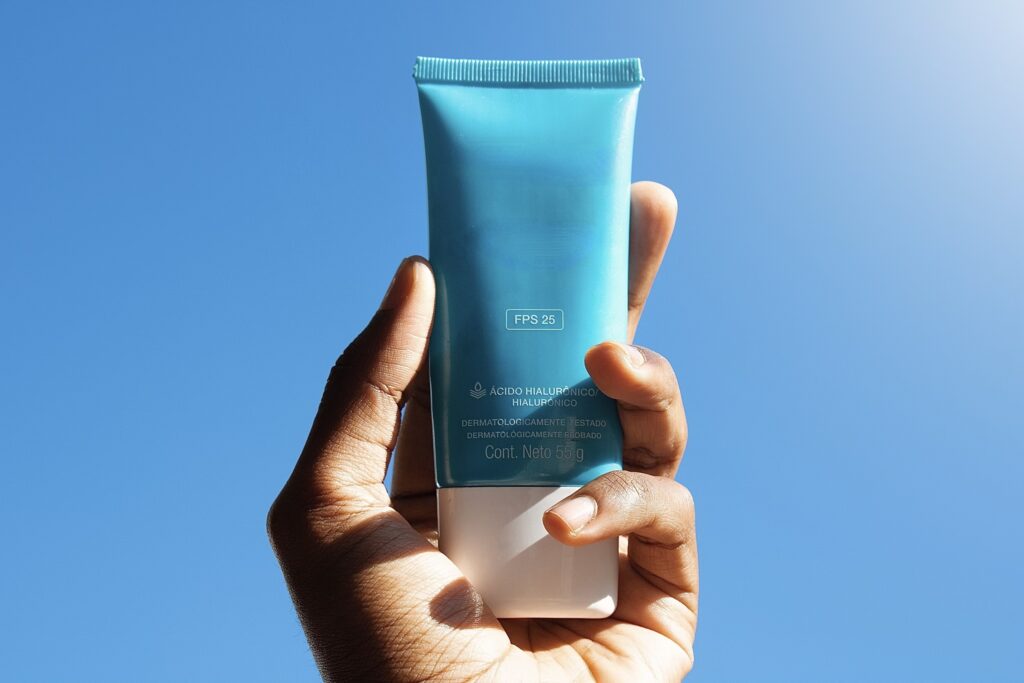
image: Tidal
Jay Z cannot seem to stay out of the legal headlines. The music mogul is set to testify in a Securities and Exchange Commission investigation of his brand Rocawear and all the while, his music streaming platform Tidal is coming under fire for allegedly “manipulating streaming numbers” for Beyoncé and Kanye West’s albums in order to allow “the stars [to receive] excessive royalty payouts,” a Norwegian newspaper reported on Wednesday.
In an investigative report published on Wednesday, Norwegian financial publications Dagens Naeringsliv asserted that Tidal – the subscription-based music streaming service that rapper Shawn Carter (aka Jay Z) bought in 2015 – might be on the hook for fraud due to the intentional “inflation of user play counts.” The report states that the albums of Beyoncé and Kanye West – both of whom are “artist owners” in Tidal, according to the company’s website – were subject to manipulation and increased royalty payments.
Dagens Naeringsliv, relying on analysis provided by the Norwegian Center for Cyber and Information Security, claims that the play counts for Kanye West and Beyoncé’s respective “The Life of Pablo” and “Lemonade” albums, which debuted exclusively on Tidal in 2016, were boosted by “320 million false plays of songs … a manipulation which affected more than 1.7 million users.”
As reported by the AP, “User accounts and play counts obtained by [Dagens Naeringsliv] revealed suspicious listening patterns, such as simultaneous playbacks of multiple songs by the same user or repeated playbacks of the same song at regular intervals.” In particular, “Two of the Tidal users contacted by Dagens Naeringsliv appeared to have listened to tracks on ‘Lemonade’ 180 and 251 times, respectively,” over a 24 hour period.
Those two users denied such activity. “No, that can’t be right,” one user, Tiare Faatea in Washington, DC, told Dagens Naeringsliv.
The Oslo-based publication’s investigation of potential fraud by Tidal, whose service is maintained by Oslo-based Aspiro AB, was prompted by the streaming service’s claims that Kanye West’s album “had been streamed 250 million times in its first 10 days of release in February of 2016, while claiming it had just 3 million subscribers — a claim that would have meant every subscriber played the album an average of eight times per day; and that Beyonce’s album was streamed 306 million times in its first 15 days of release in April of 2016.”
Thanks to such alleged manipulation, both West and Beyoncé, along with their record companies, are said to have received a “disproportionate share of royalty payouts at the expense of other artists on Tidal.” This included a $4 million-plus payment from Tidal to Beyonce’s label Sony for April and May of 2016, of which “Lemonade” accounted for $2.5 million; and a $3.8 million dollar payment to Universal, West’s label, $2.4 million of which was tied directly to West’s “Pablo” album.
Tidal’s lawyer Jordan Siev told Dagens Naeringsliv that it denies any manipulation and is adamant that the report is false. Moreover, Siev claims that the data at issue, which Dagens Naeringsliv says consist of “billions of rows of [internal Tidal data],” was stolen from the company, which rarely shares its data publicly.
In a statement provided to Variety, Tidal asserts: “This is a smear campaign from a publication that once referred to our employee as an ‘Israeli Intelligence officer’ and our owner as a ‘crack dealer.’ We expect nothing less from them than this ridiculous story, lies and falsehoods. We will fight these claims vigorously.”














